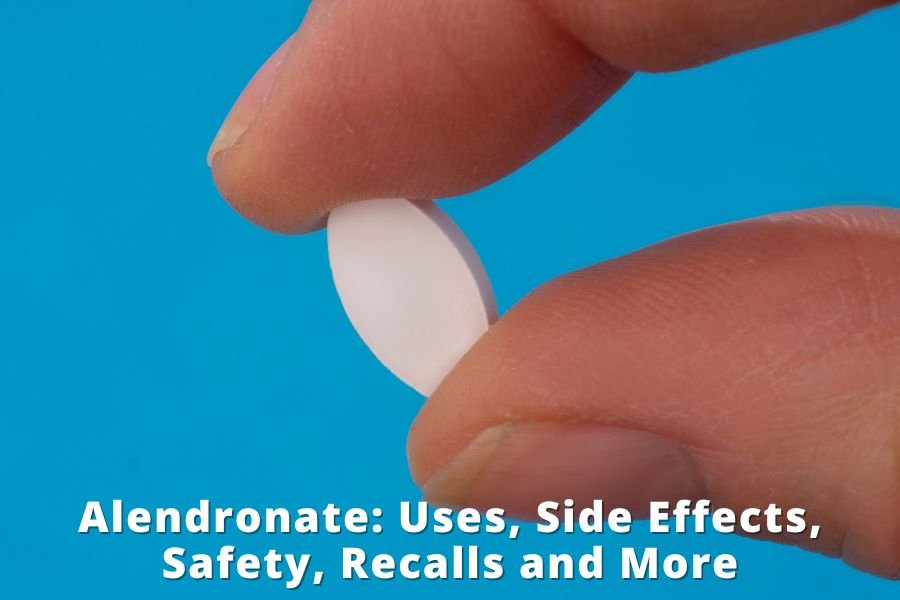
Alendronate is a medication that belongs to a class of drugs called bisphosphonates. It is commonly prescribed to treat and prevent osteoporosis, a condition characterized by weakened bones that are more prone to fractures. Alendronate works by slowing down bone loss and increasing bone density, thereby reducing the risk of fractures.
The primary use of alendronate is to treat osteoporosis and prevent fractures in postmenopausal women. It is also prescribed to increase bone mass in men with osteoporosis. In addition, alendronate may be used to treat Paget's disease of bone, a condition that causes the bones to become weak and deformed.
Alendronate is not recommended for use in pregnant women or children. The safety and effectiveness of alendronate in these populations have not been established. It is important to consult with a healthcare professional before taking alendronate if you are pregnant or breastfeeding.
To date, there have been no recalls of alendronate reported. However, it is always advisable to check with your healthcare provider or the FDA for any updated information regarding recalls or safety concerns.
Alendronate was approved by the FDA in 1995 for the treatment and prevention of osteoporosis in postmenopausal women. It has since been approved for other indications, including increasing bone mass in men with osteoporosis and treating Paget's disease of bone.
Alendronate is prescribed to treat and prevent osteoporosis, a condition characterized by weak and brittle bones. It is also prescribed to increase bone mass in men with osteoporosis and to treat Paget's disease of bone. Your healthcare provider will determine the appropriate dosage and duration of treatment based on your individual needs.
Alendronate is typically taken once a week, first thing in the morning, on an empty stomach. It should be taken with a full glass of water, and you should remain upright for at least 30 minutes after taking the medication. This helps to ensure that the medication reaches your stomach and reduces the risk of irritation.
While alendronate is primarily used to treat osteoporosis and related conditions, it may have other off-label uses. However, it is important to consult with your healthcare provider before using alendronate for any other purpose not listed in the prescribing information.
Before taking alendronate, it is important to inform your healthcare provider about any medical conditions you have, including kidney problems, digestive disorders, or difficulty swallowing. You should also let them know about any medications you are currently taking, including over-the-counter drugs and dietary supplements.
Alendronate should be stored at room temperature, away from moisture and heat. It is important to keep the medication out of reach of children and pets. If you no longer need to take alendronate or it has expired, it should be disposed of properly according to local regulations or guidelines.
In the event of an overdose or emergency, it is important to seek immediate medical attention. You should also contact your local poison control center for further guidance.
It is important to follow your healthcare provider's instructions and attend regular check-ups while taking alendronate. This will help ensure that the medication is working effectively and that any potential side effects or complications are monitored.
Like any medication, alendronate carries some risks. However, when used as prescribed and under the supervision of a healthcare professional, the benefits of alendronate generally outweigh the potential risks. It is important to discuss any concerns or questions you may have with your healthcare provider before starting alendronate or any other medication.
Remember, this article is for informational purposes only and should not replace the advice of a healthcare professional. Always consult with a qualified healthcare provider before starting or stopping any medication.